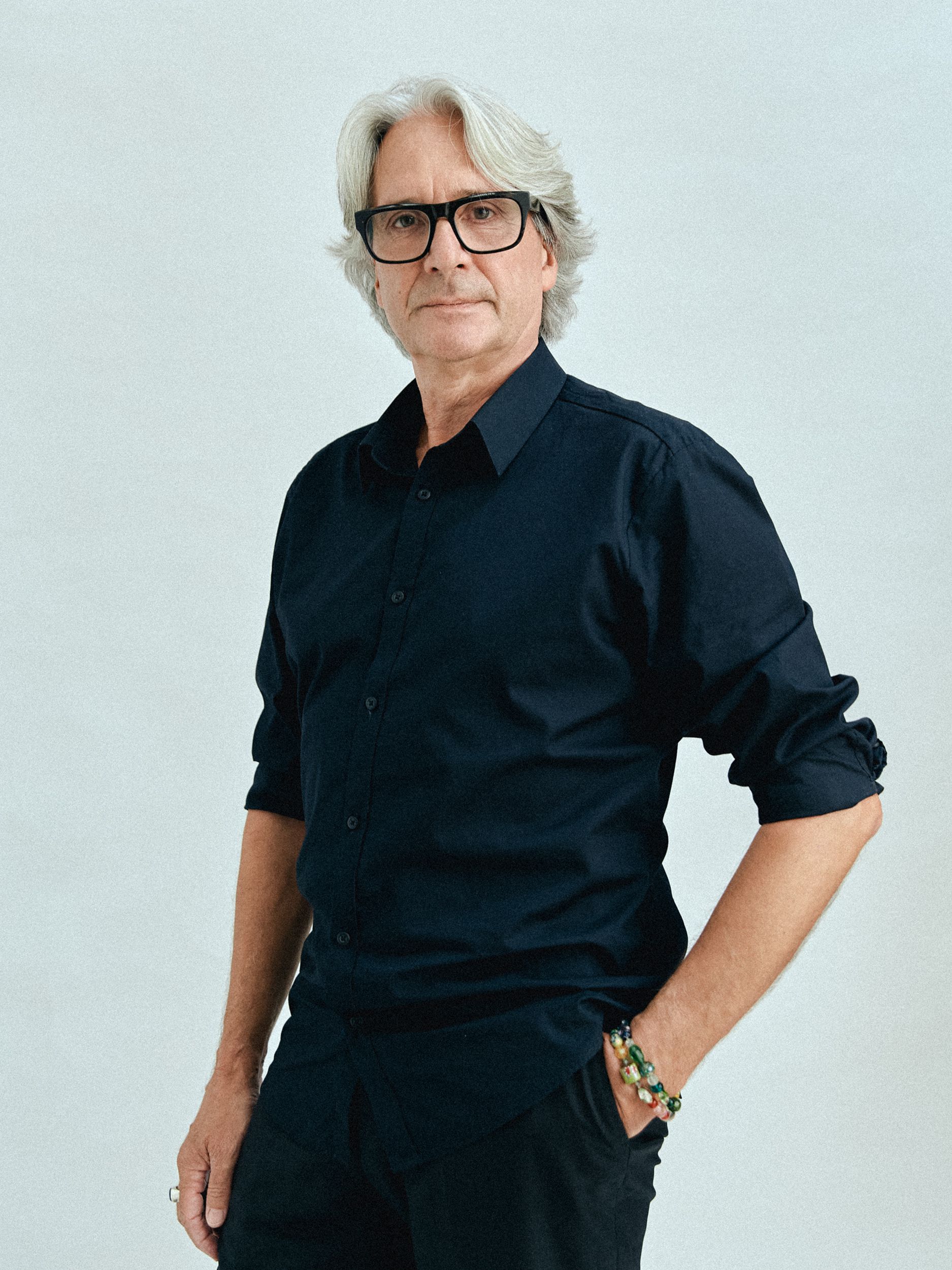Tomas Karlborg

born in the Swedish city of Linköping, he received his dance education at the Ballet School of the Royal Swedish Opera and, after completing his training in 1980, was engaged by the Ballet of the Norwegian National Opera. In 1981, he came to Germany, where he initially joined the Ballet of the Bonn Opera. In 1983, he became a member of the ballet ensemble at the Deutsche Oper Berlin, where he was promoted to solo dancer in 1986 and appointed as principal dancer in 1989.
Among the key roles in his repertoire were Onegin and Prince Gremin in Cranko's Onegin, the leader in Maurice Béjart's Le Sacre du printemps, Wotan and Gunther in Béjart's Ring um den Ring, Partisan in Béjart's Feuervogel, the Archduke (partnering with Natalia Makarova) in Roland Petit's Der blaue Engel, Phoebus in Petit's Notre-Dame de Paris, Swann and Charlus in Petit's Les Intermittences du cœur, King Marke in John Neumeier's Tristan und Isolde, the Stepmother (en pointe) in Valery Panov's Cinderella, the Moor in Harris Mandafounis' Petruschka, or the Inquisitor (a speaking role) in Christopher Bruce's Cruel Garden, Madge in Peter Schaufuss' La Sylphide, or Dr. Coppelius in Ronald Hynd's Coppélia. Additionally, he performed an extensive repertoire of choreographies by George Balanchine, including the male lead roles in Serenade and Agon. Over the years, he contributed significantly to the ballet repertoire at the Deutsche Oper Berlin, showcasing his presence in both classical and contemporary/experimental works.
From 1999, he served as a rehearsal and ballet master, and since 2004 at the Staatsballett Berlin. He continued to fulfill stage roles as a character performer until recently, with the audience seeing him as Father Stahlbaum in The Nutcracker, as Rajah in La Bayadère, and as Lord Capulet in Cranko's Romeo and Juliet. Since the beginning of the 2023/2024 season, he has been involved in the Artistic Operations Office.